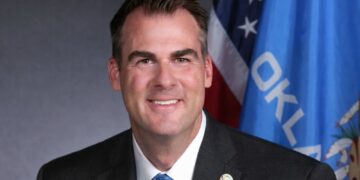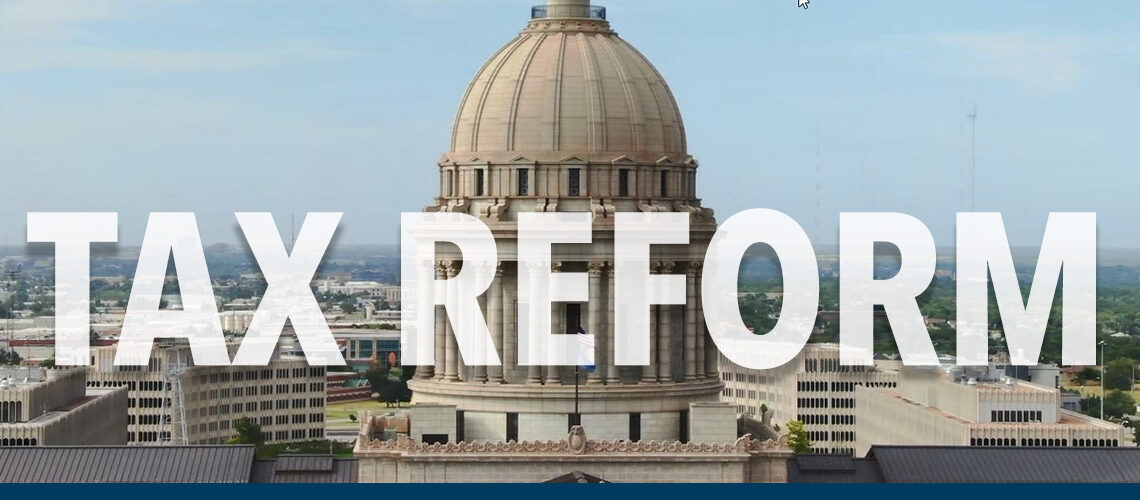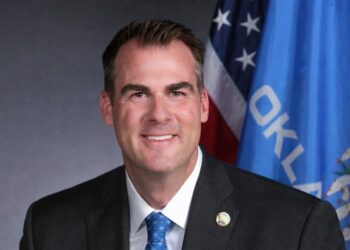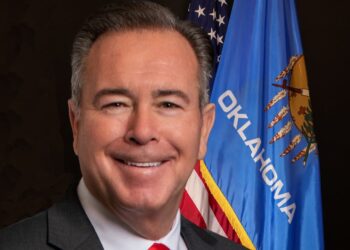OKLAHOMA CITY (OBV) — The State Chamber Research Foundation (SCRF) released a newly updated study they developed with the Tax Foundation, outlining a path for Oklahoma to improve its tax competitiveness and facilitate long-term economic growth.
The study, 2025 Pro-Growth Tax Reform for Oklahoma, was originally released in 2021. The updated study continues the original’s work, comparing tax codes across the U.S. and recommending reforms for corporate and individual income taxes, sales taxes, and property taxes.
“We’re focused on building a competitive tax code, not just chasing a low top rate,” said Chad Warmington, President and CEO of The State Chamber. “This study gives policymakers a blueprint for reforms that deliver real impact—not just on paper, but in the real economy.”
Analysis within the study prioritizes structural changes and strategic rate reductions to investment and improving economic stability.
“The new data from the Tax Foundation reinforces what we’ve been saying all year,” said Amanda Hall, Policy & Research Director at SCRF. “Oklahoma has made real progress—eliminated the outdated franchise tax, made full expensing permanent, and removed the marriage penalty in the income tax code—but other states are moving fast, too. We can’t afford to stall.”
Hall cited Louisiana as one of the states making quick strides with tax reform. Louisiana recently transitioned from a graduated income tax to a 3 percent flat rate, down from a 4.25 percent top bracket of.
The report states that such reform could help Oklahoma become more competitive.
“This study makes a strong case for adopting a flat individual income tax,” Hall said. “States that made that shift are seeing stronger economic growth. Even if it results in short-term revenue losses, a more competitive system pays off over time.”
The study made the following recommendations:
- Individual Income Tax: Consider phasing in a single-rate income tax or using revenue triggers to lower rates. These changes would help Oklahoma stand out among regional competitors, including zero-income-tax states like Texas.
- Corporate Income Tax: Repeal the state’s “throwback rule,” which penalizes in-state businesses on out-of-state sales.
Changing Oklahoma’s tax system is a major point of discussion at the State Capitol during the current legislative session.
Gov. Kevin Stitt said that his goal this year is “A Half and a Path,” which he described as a half a point income tax reduction from the current 4.75 percent rate to a 4.25 percent rate. He said it’s an action that will start a path towards zero income tax in Oklahoma.
Stitt also cited tax reform efforts in other states. He referenced Texas’ zero percent income tax, Mississippi cutting its income tax to 4 percent on a path towards zero, South Carolina dropping from 6.2 to 3 percent and Arkansas reducing its income tax to 3.9 percent, as well as many other states with a lower income tax than Oklahoma.
“We can absolutely do it. And I’m not saying we’re going to do it overnight. But I’m saying [we can] do just a little bit each year and we can take a pause until revenue continues to grow,” Stitt said. “There’s nothing like the present.”
Oklahoma’s individual income tax system has six income tax brackets ranging from 0.5 percent to 4.75 percent for top earners. The 4.75 percent rate kicks in at a $7,000 annual income. The state also has a 4.0 percent corporate income tax rate.
All Oklahomans and more than 95 percent of businesses in the state pay the individual income tax. The income tax’s standard deduction is $6,350 for single filers and $12,200 for joint filers.
Stitt has repeatedly pushed for income tax cuts. He called two special sessions in 2023 – one in September and one before the start of the 59th Legislature – hoping that the legislature would move an income tax cut initiative forward.
However, former Pro Tem Greg Treat stymied Stitt’s income tax hopes, adjourning the Senate on the first day of both special sessions. He said both times that it would be irresponsible to pass tax cuts before knowing how much authorized funds the legislature would have.
Stitt, Treat and former House Speaker Charles McCall worked together to cut the grocery tax in February 2024, but Treat did not budge on his opposition to cutting the income tax.
Senate Pro Tem-elect Lonnie Paxton sat down with Oklahoma Business Voice for a one-on-one interview and said that reducing the income tax is a top priority for the 2025 legislative session.

















